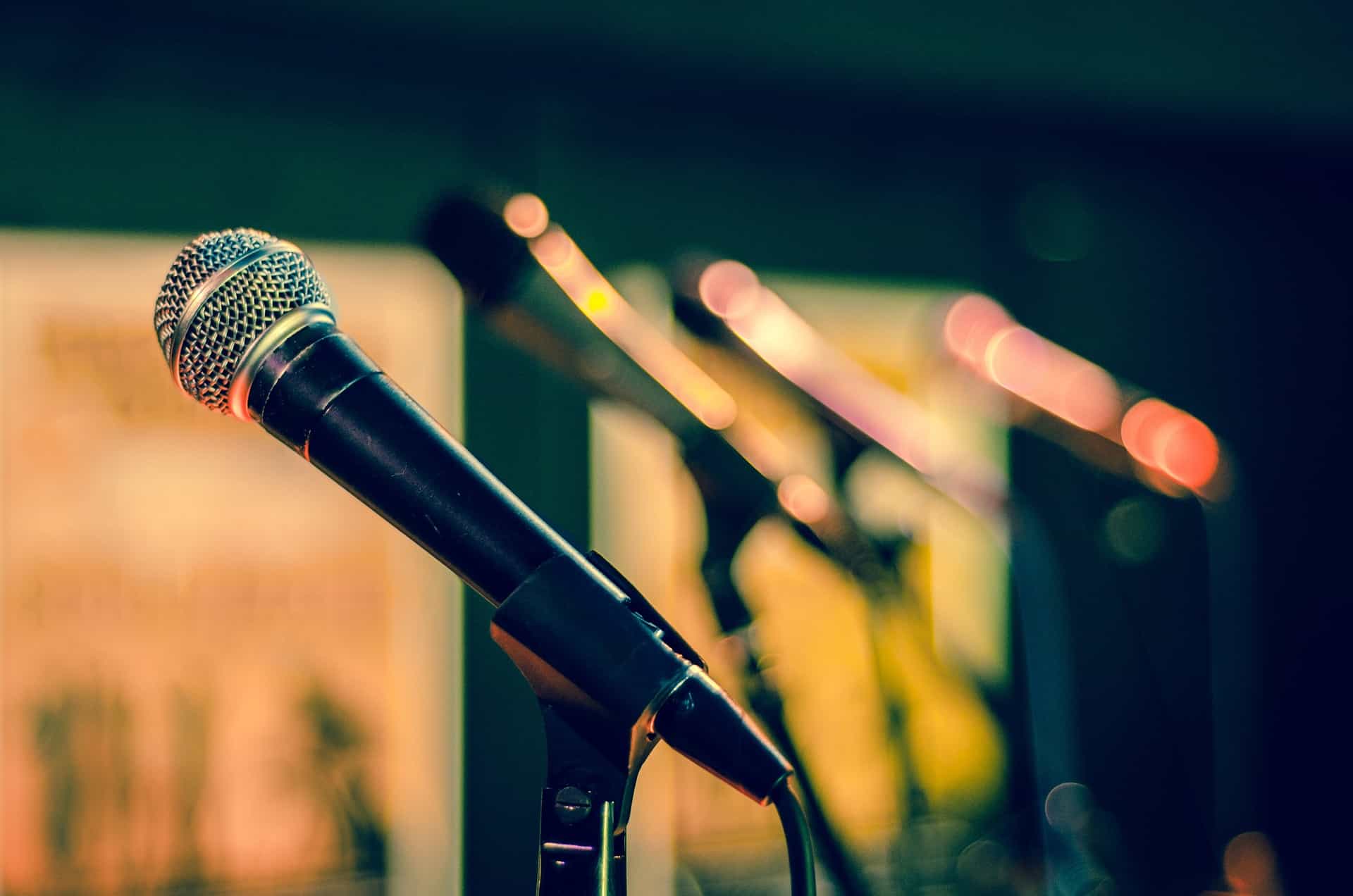
Speeches and poems are examples of intellectual property for which a creator can seek out copyright protection from the United States Copyright Office (USCO). Properly following the registration process is the only way to ensure your ownership of a speech or poem.
However, the USCO has strict rules as to how to obtain legal ownership of copywritten material. Specifically, it must be submitted in a “tangible form.” All people seeking copyright protection must provide a full written copy of the speech or poem to the Copyright Office. As a result, you cannot copyright a speech or poem if it only exists as spoken words. Nonetheless, this does not change the fact that as soon as you create these pieces of art they are a product of your creative mind. A copyright attorney could provide further information about IP laws and how they apply to speeches, poems, and other forms of spoken word.
One of the first steps that a company or individual should take upon delivering a speech or poem in spoken format is registering their intellectual property with the USCO. The successful receipt of copyright protection grants the owner the exclusive use of those words for public performance or future publication.
If another party attempts to pass off copywritten materials as their own, or for unauthorized profit, they are committing an infringement. According to federal law, victims of copyright infringement can hold the infringing party liable for numerous remedies, such as an injunction against future use and actual damages for any monetary loss.
Delivering a speech in public or performing a poem to a crowd is an artistic endeavor that can raise the speaker’s profile. However, it might be difficult to claim ownership over the material if another person repeats that speech in public or performs the poem without your permission. The only way to prevent others from doing this is to obtain copyright protection.
The U.S. Copyright Office certainly maintains the process for obtaining this protection. However, a major part of the application process for literary works includes submitting a complete copy of the work for registration. This means that a poet or speechmaker will need to transcribe their work onto a computer file or even submit a handwritten version of their work. As a result, you cannot copyright a speech or poem if it exists solely as spoken word – although it is not a requirement to have the work officially published. An attorney could work with artists to transcribe their works into a written format that meets the USCO requirements.
Merely performing a speech or poem in a public forum gives a person the credibility of claiming that work as their own. However, there is little that they can do legally if another person performs or publishes that same work at a future date. Obtaining copyright protection is the only way to ensure that you have sole ownership of a spoken speech or poem.
Part of the registration process for all copywritten materials is the submission of a transcript of the work of art. An intellectual property lawyer from Lomnitzer Law could guide speechmakers and poets through the copyright registration process so that their unique thoughts are not improperly used by unauthorized entities.